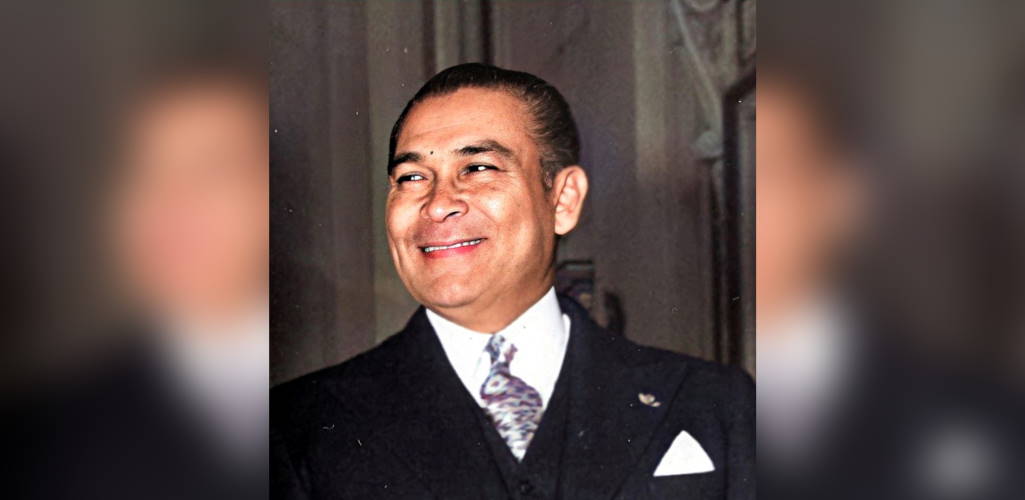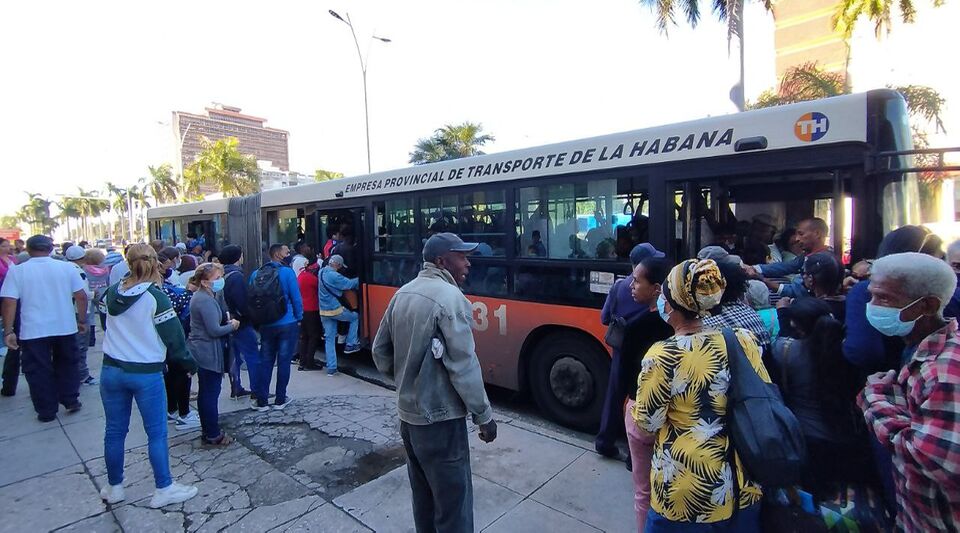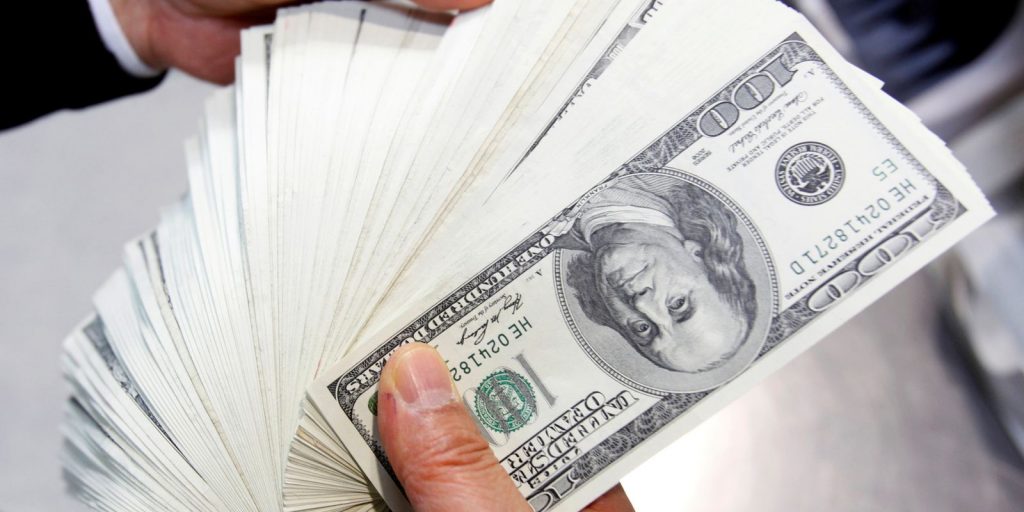Havana Cuba. — On January 16, 1901, a year before the flag of free Cuba was hoisted and the republic was finally declared, the Fulgencio Batista and Zaldivar in the municipality of Banes, province of Holguín. Of humble origin, at only 20 years old he joined the army, more out of necessity than vocation, and at the same time he studied journalism.
In 1928 he was promoted to sergeant and assigned to the Columbia Headquarters in Havana, where he joined the circle of soldiers who opposed the dictatorship of Gerardo Machado. In the heat of the political instability that occurred on the island after the overthrow of Machado in 1933, Batista and an important group of supporters who were dissatisfied with the situation the country was going through, promoted a military mutiny that ended with the establishment of a provisional government. headed by Ramón Grau San Martín.
In 1940 Batista was elected president. During his first term (1940-1944) he legalized the Communist Party and declared war on Nazism in World War II, after the Japanese attack on Pearl Harbor. He also promoted a series of reforms that alleviated the country’s impoverished financial situation: he revitalized the harvest, there were significant wage increases, the Retirement and Social Assistance Fund for Workers and Employees of the Sugar Industry was created, the Development Commission was created National, the distribution of land to peasant families began and the value of the Cuban peso was strengthened by increasing gold reserves.
During this period, numerous public works were also undertaken: repair and expansion of the Central Highway; execution of irrigation and refrigeration works to optimize and preserve agricultural production; construction of new sewers, high-quality hospitals, educational centers and a good number of apartment buildings.
The history of Cuba written after 1959 took care to highlight only the negative features of Fulgencio Batista, presenting him as a bloodthirsty dictator and subservient to the interests of the United States, without other nuances.
It is true that in March 1952 he made the mistake of giving a military coup that dissolved Congress and placed in moratorium the Constitution approved in 1940, the most advanced of its kind in Latin America.
The decision to seize power by force was due, according to several bibliographic sources, to the rampant corruption into which the country had sunk during the government of Carlos Prío Socarrás, with the proliferation of gangsterism, the embezzlement of public funds, the abuses and the disorder.
Although Batista’s coup caused no deaths, his heavy-handed government line earned him strong popular repudiation. During his anti-constitutional mandate, the country made notable progress, but the repressive wave unleashed to contain the July 26 Movement tarnished all his achievements as a political figure, and he ended up turning the Army and the people against him.
Despite their serious mistakes, with their flight in December 1958 the Cubans did nothing more than exchange one tyrant for another much worse. For sixty-four years, the dictatorship established by Fidel Castro not only dedicated himself to methodically destroying what the republican governments did, but has plunged the country, in the 21st century, into an unacceptable level of misery, much higher than that which existed in those years of imperfect but functional democracy.
Receive information from CubaNet on your cell phone through WhatsApp. Send us a message with the word “CUBA” on the phone +525545038831, You can also subscribe to our electronic newsletter by giving click here.















